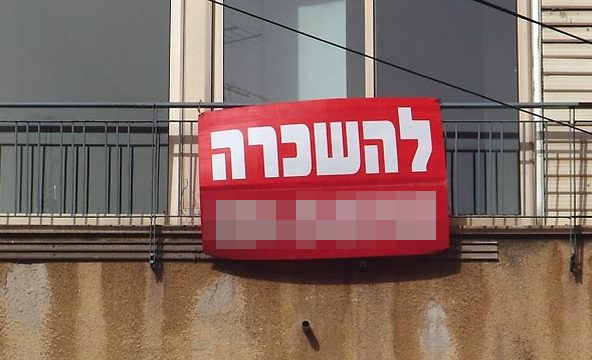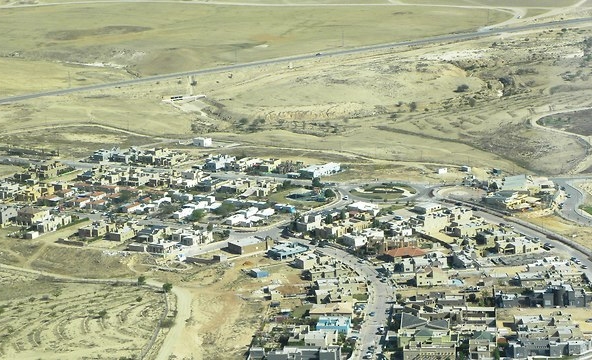Companies operating in illegal buildings have already received warnings before the fine, which could amount to hundreds of thousands of shekels without trial.
The phenomenon of illegal construction is set to expose its perpetrators to considerable economic risks starting tomorrow, with the introduction of new regulations aimed at intensifying sanctions. The regulations developed by the Ministry of Justice allow enforcement authorities to impose fines of hundreds of thousands of shekels on administrative offenders without trial.
The bodies authorized to impose fines are the national unit responsible for enforcing planning and construction laws from the Ministry of Finance and the local planning and construction committees authorized as independent entities. There are currently 21 committees, including Tel Aviv, Haifa, and Herzliya. Fines will be counted separately for the implementation of illegal construction and its use. In both cases, the fine has been determined based on the area of the violation, the use of the structure, and the level of importance of the area in which it was carried out. When it comes to an area defined as “sensitive,” meaning designated for the implementation of national infrastructure, a nature reserve, a beach, etc., the Authority is allowed to double the amount of the fine; even if the offender is not a private individual but a company. A violation of the order to cease work should automatically result in a fine of 50,000 NIS.
Theoretically, in cases where an illegal structure of more than 100 square meters has been built in sensitive areas and the offender is fined for construction and use, the fine can exceed one million NIS.
According to the new procedure, initially, the offender of the building will receive a notice indicating that the local committee intends to impose the fine. From the day of receiving the warning, the offender will be able to evacuate and demolish the part of the building constructed illegally within one month. At the end of the period, the Authority will be authorized to impose the fine, and even increase it by 750 NIS per day for additional use, or 1,400 NIS per day for “sensitive” properties.
The imminent entry of the regulation had already begun to be felt, even before its entry into force. In recent weeks, the national unit had already started sending warning letters to more than 50 owners of commercial buildings and businesses located on sensitive lands.
After the warnings, discussions were held with some offenders in the construction sector, and agreements were reached regarding the evacuation dates of dozens of buildings totaling thousands of square meters, mostly in the Arab sector and in the rural sector: moshavim and kibbutzim.
The Minister of Justice, Ayelet Shaked, approved the wording of the regulation a year ago, and the Knesset Interior Committee approved it in May. In the preceding months, the regulation has faced criticism mainly from the Arab and Druze public, who see themselves as its primary victims.



